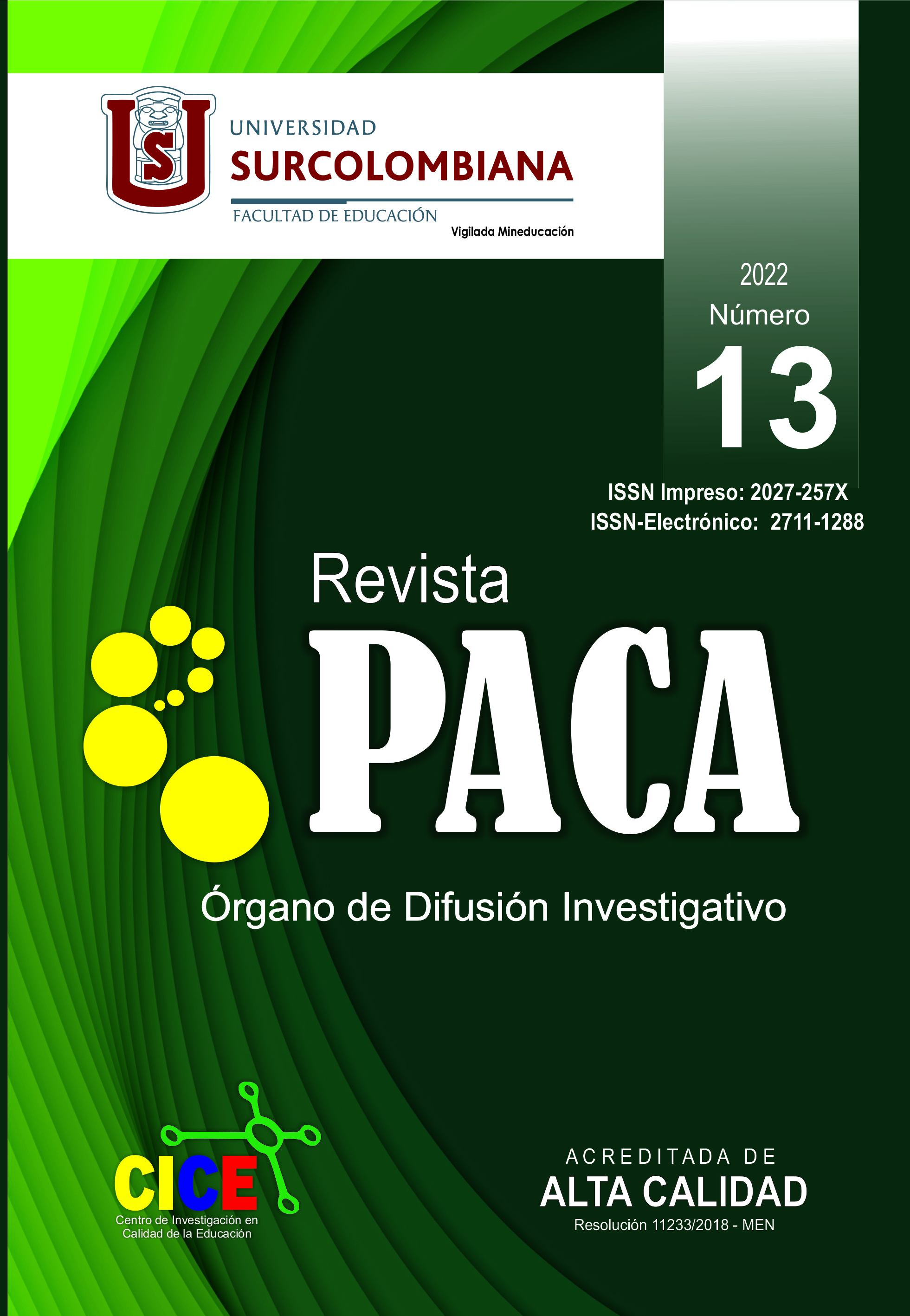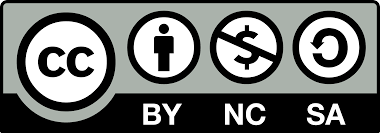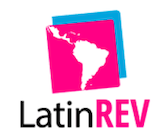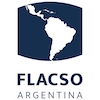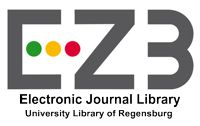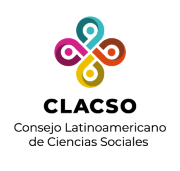Classroom experiences for the development of abilities and skills in the teaching of natural sciences in young schoolchildren
##plugins.themes.bootstrap3.article.main##
The evaluation of the application of what was called "significant classroom experiences" for the teaching of natural sciences in a group of young people between 13 and 14 years of age, enrolled in an educational institution in Colombia, was carried out. A descriptive qualitative approach was applied, with a documentary analysis of the institutional pedagogical proposals and a series of eleven classroom experiences that were evaluated by means of rubrics to each of the students to monitor their performance in eight abilities and skills selected as essential in learning natural sciences.
In the documentary analysis it was found that there are approaches that seek student learning but, however, gaps were found that do not provide clarity on crucial elements such as the determination of the pedagogical model and its confusing praxis. Regarding the development of the experience sessions in the classroom, a positive change was evidenced in the performance of the students in terms of the eight abilities and skills evaluated in the rubrics, which allows us to conclude that the teaching-learning process of natural sciences, conditioned to the existence of clear and exhaustive pedagogical approaches in their didactics, accompanied by a shift in the conception of educational policies that facilitate experiential processes.
Downloads
##plugins.themes.bootstrap3.article.details##
Arana, A., & González, F. (2006). Enriquecimiento conceptual progresivo.: Una explicación teórica del proceso de desarrollo de los conceptos científicos. Revista de Pedagogía, 27(79), pp. 193-230.
Arteaga, Y., & Inciarte G, A. (2008). Conocimientos que interaccionan en una clase de ciencias naturales. Paradígma, 29(1), pp. 147-170.
Chen, L., & Xiao, S. (2021). Perceptions, challenges and coping strategies of science teachers in teaching socioscientific issues: A systematic review. Educational Research Review, 32, 100377. https://doi.org/10.1016/j.edurev.2020.100377
Concha, S., Aravena, S., Coloma, C. J., & Romero, V. (2010). Escritura expositiva en tres niveles de escolaridad: Coherencia y dominio de recursos lingüísticos. Literatura y lingüística, 21, pp. 75-92. https://doi.org/10.4067/S0716-58112010000100007
Ley General de Educación, Pub. L. No. 115, (1994).
Delors, J. (1996). La educación encierra un tesoro (p. 36). UNESCO. http://www.unesco.org/education/pdf/DELORS_S.PDF
Duit, R. (2004). Bibliography: Students «and Teachers»; Conceptions and Science Education.
Dulzaides Iglesias, M. E., & Molina Gómez, A. M. (2004). Análisis documental y de información: Dos componentes de un mismo proceso. ACIMED, 12(2), 1-1.
Fernández Valdés, M. de las M., & Ponjuán Dante, G. (2008). Análisis conceptual de las principales interacciones entre la gestión de información, la gestión documental y la gestión del conocimiento. ACIMED, 18(1), 0-0.
Gallegos, L., Flores, F., & Calderón, E. (2008). Aprendizaje de las ciencias en preescolar: La construcción de representaciones y explicaciones sobre la luz y la sombras. Revista Iberoamericana de Educación, 47, pp. 97-121.
Gámez, C. M., Ruz, T. P., & López, M. A. J. (2015). Tendencias del profesorado de ciencias en formación inicial sobre las estrategias metodológicas en la enseñanza de las ciencias. Estudio de un caso en Mälaga. Enseñanza de las Ciencias. Revista de investigación y experiencias didácticas, 33(1), pp. 167-184. https://doi.org/10.5565/rev/ensciencias.1500
Gandini, L. (2011). El reto de la evaluación: ¿Llevando a escala el enfoque Reggio Emilia en los EE.UU.? Espacio para la Infancia. Bernard van Leer Foundation, 36, pp. 78-89.
García-Carmona, A., Criado, A. M., & Cañal, P. (2014). Alfabetización científica en la etapa 3-6 años: Un análisis de la regulación estatal de enseñanzas mínimas. Enseñanza de las Ciencias. Revista de investigación y experiencias didácticas, 32(2), pp. 131-149. https://doi.org/10.5565/rev/ensciencias.817
García-Ruiz, M., & Sánchez Hernández, B. (2006). Las actitudes relacionadas con las ciencias naturales y sus repercusiones en la práctica docente de profesores de primaria. Perfiles educativos, 28(114), pp. 61-89.
Gaviria, J. A. (2017). Problemas y retos de la educación rural colombiana. Revista Educación y Ciudad, 33, pp. 53-62. https://doi.org/10.36737/01230425.v0.n33.2017.1647
Herrera, M., Patricia, M., & Hernández Barbosa, R. (2014). El juego y sus posibilidades en la enseñanza de las ciencias naturales. Innovación educativa (México, DF), 14(66), pp. 41-63.
Kaya, S. (2012). An Examination of Elementary and Early Childhood Pre-Service Teachers’ Nature of Science Views. Procedia - Social and Behavioral Sciences, 46, pp. 581-585. https://doi.org/10.1016/j.sbspro.2012.05.165
Marín Uribe, R., Guzmán Ibarra, I., & Castro Aguirre, G. (2012). Diseño y validación de un instrumento para la evaluación de competencias en preescolar. Revista electrónica de investigación educativa, 14(1), pp. 182-202.
Martínez, F. P., & Aznar, M. M. M. (2014). La metodología de resolución de problemas como investigación (MRPI): Una propuesta indagativa para desarrollar la competencia científica en alumnos que cursan un programa de diversificación. Enseñanza de las Ciencias. Revista de investigación y experiencias didácticas, 32(3), pp. 469-492. https://doi.org/10.5565/rev/ensciencias.1290
Ministerio De Educación Nacional. (1998). Serie Lineamiento curriculares Preescolar. MEN. http://www.mineducacion.gov.co/1621/articles-89869_archivo_pdf10.pdf
Passos Simancas, E., Hadechini Meza, L. L., Passos Simancas, E., & Hadechini Meza, L. L. (2019). Educational research applied to educational approaches and to pedagogical knowledge nuclei. Sophia, 15(1), pp. 5-15. https://doi.org/10.18634/sophiaj.15v.1i.720
Peña Vera, T., & Pirela Morillo, J. (2007). La complejidad del análisis documental. Información, cultura y sociedad, 16, pp. 55-81.
Picón Jácome, É. (2013). La rúbrica y la justicia de la evaluación. Íkala, Revista de Lenguaje y Cultura, 18(3), pp. 79-94.
Quintriqueo M., S., Quilaqueo R., D., & Torres, H. (2014). Contribution for the teaching of natural sciences: Mapuche and school knowledge. Educação e Pesquisa, 40(4), pp. 965-982. https://doi.org/10.1590/S1517-97022014005000009
Rahman Talukder, Md. M., Green, C., & Mamun-ur-Rashid, Md. (2021). Primary science teaching in Bangladesh: A critical analysis of the role of the DPEd program to improve the quality of learning in science teaching. Heliyon, 7(2), e06050. https://doi.org/10.1016/j.heliyon.2021.e06050
Varela-Losada, M., Arias-Correa, A., & Vega-Marcote, P. (2019). Educar para a mudança e a sustentabilidade: Avaliação de uma proposta de aprendizagem experiencial para capacitar os professores em formação inicial. Revista Portuguesa de Educação, 32(2), pp. 57-73. https://doi.org/10.21814/rpe.15303
Vázquez, G. (2010). Evaluación por rúbricas del aprendizaje de las competencias de los alumnos en preescolar. Boletín Electrónico de Investigación de la Asociación Oaxaqueña de Psicología, 6(2), pp. 347-355.
Yepes, G., & León, R. (2004). Calidad educativa: Más que resultados en pruebas estandarizadas. http://bibliotecadigital.udea.edu.co/handle/10495/7924


